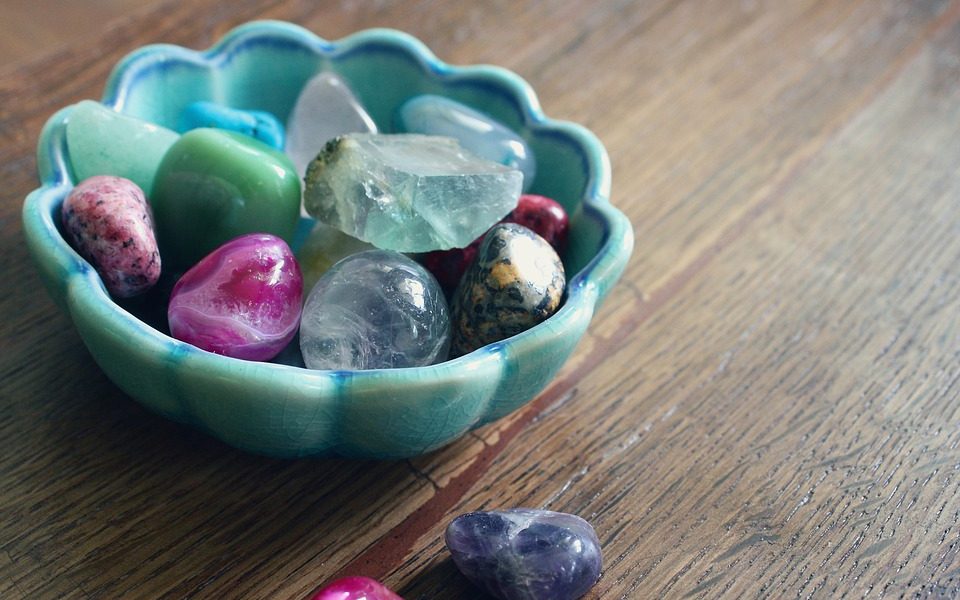Healthcare shouldn’t be a major stressor, but for many it’s financially or geographically out of reach. More than a quarter of Americans report that at least one person in their household is struggling with medical debt, according to a 2016 Kaiser Family Foundation study.
Even for those with access to treatment options and insurance, conversations about healthcare can be uncomfortable; when non-Western alternatives come up, though, those conversations can come to a screeching halt.
I grew up in a household that dismissed practices like acupuncture as hippy-dippy nonsense, and I get that attitude; it’s valid. But to some extent, it’s based on fear of the unknown and disdain for cultural stereotypes. For every phony tarot-card reader, there are dozens of legitimate acupuncturists, herbalists, reflexologists and reiki healers offering non-invasive health-maintenance techniques.
By no means do I suggest abandoning modern, evidence-based medical care; vaccines and triple-bypass surgeries save lives, and scores of people find medical professionals within the Western system who encourage preventative practices and present a truly wide range of care options.
As lovely as those providers may be, they’re enmeshed in a system designed to systematically extract wealth during health crises. Modern medicine is rooted in capitalism, and part of a nasty, dehumanizing cycle that replicates and deepens poverty disproportionately across region, race, ability, gender and a slew of other identifiers.
It’s not as though alternative-care practitioners aren’t participating in the capitalist economy or aren’t capable of replicating oppressive practices but, for the most part, they don’t care whether or not their clients have insurance and won’t ignore them in a waiting room for seven hours before bankrupting their families. They will explain herbal tinctures, healing stones, bodily meridians and pressure points.
Stepping into the unknown, especially when the unknown concerns one’s physical and emotional self, is no easy task, but how any of these options might make a patient any more vulnerable than those chilly paper robes in the doctor’s office or lying unconscious on a surgical table years down the line.
Our government and healthcare and pharmaceutical industries demonstrate little competence or intention to support wellness equitably, so we need to cultivate communities of care ourselves; it’s not hippie-nonsense or shameful to seek something more.
Join the First Amendment Society, a membership that goes directly to funding TCB‘s newsroom.
We believe that reporting can save the world.
The TCB First Amendment Society recognizes the vital role of a free, unfettered press with a bundling of local experiences designed to build community, and unique engagements with our newsroom that will help you understand, and shape, local journalism’s critical role in uplifting the people in our cities.
All revenue goes directly into the newsroom as reporters’ salaries and freelance commissions.


Leave a Reply